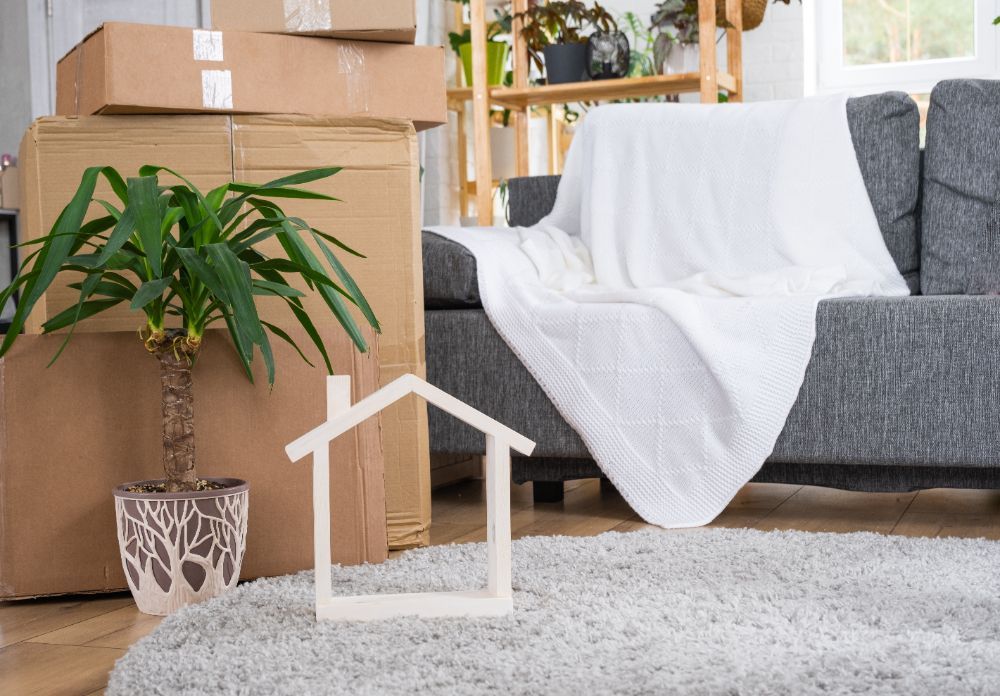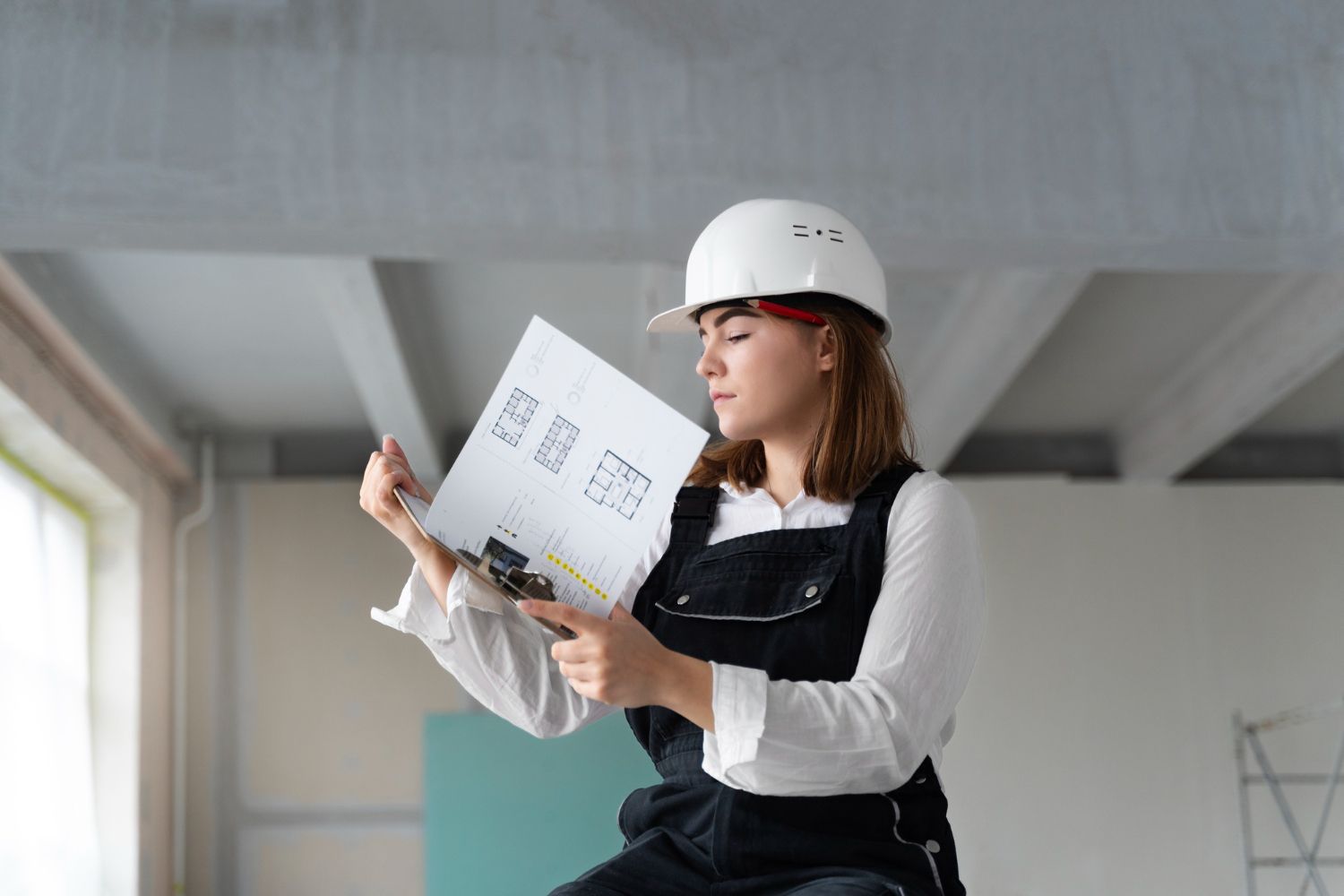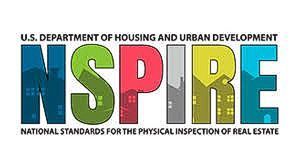Common Violations in NSPIRE Inspections and How to Avoid Them
Common Violations in NSPIRE Inspections and How to Avoid Them

Maintaining compliance with HUD’s NSPIRE (National Standards for the Physical Inspection of Real Estate) inspections is crucial for property owners and managers. The new NSPIRE system places an emphasis on health, safety, and functional performance in residential properties. At REAC NSPIRE Consulting, we help property owners navigate these inspections and avoid costly violations. Below are some of the most common NSPIRE violations and how to prevent them.
1. Smoke Alarms and Carbon Monoxide Detectors
One of the most frequent violations under NSPIRE involves missing or non-functioning smoke alarms and carbon monoxide detectors. These devices are critical for resident safety and must be installed and maintained according to HUD’s updated requirements.
How to Avoid It:
- Ensure smoke alarms are installed in every bedroom, outside sleeping areas, and on every level of the unit.
- Carbon monoxide detectors should be installed in units with fuel-burning appliances or attached garages.
- Regularly test and replace batteries to keep devices functioning properly.
2. Electrical System Issues
Deficiencies in electrical systems, including exposed wiring, faulty outlets, and missing or damaged cover plates, are common NSPIRE violations. Electrical issues pose a significant safety hazard and must be addressed promptly.
How to Avoid It:
- Inspect electrical panels and outlets regularly for damage or missing components.
- Ensure all outlets near water sources are GFCI protected.
- Promptly repair or replace damaged wiring and outlet covers.
3. Plumbing and Water Leaks
Leaks, clogged drains, and non-functional plumbing fixtures are frequently cited violations in NSPIRE inspections. Water damage from unresolved leaks can lead to mold growth, structural damage, and health concerns.
How to Avoid It:
- Conduct routine inspections for leaks under sinks, around toilets, and behind appliances.
- Ensure all faucets and plumbing fixtures are in working order.
- Address water pressure issues and drainage problems before they escalate.
4. Heating, Ventilation, and Air Conditioning (HVAC) Deficiencies
NSPIRE emphasizes resident comfort and safety, which includes properly functioning HVAC systems. Non-operational heating in cold months and lack of proper ventilation can lead to violations.
How to Avoid It:
- Schedule regular maintenance and filter replacements for HVAC systems.
- Ensure heating units work effectively before winter months.
- Check for proper ventilation in bathrooms and kitchens to prevent mold buildup.
5. Trip and Fall Hazards
Loose flooring, broken stair railings, and uneven walkways can be serious hazards that result in NSPIRE violations. These pose risks for residents, particularly seniors and individuals with mobility impairments.
How to Avoid It:
- Repair loose or damaged flooring and carpeting.
- Ensure stair railings are secure and meet height and strength requirements.
- Eliminate tripping hazards such as uneven sidewalks and loose floorboards.
6. Pest Infestations
Infestations of roaches, rodents, and other pests can lead to health violations under NSPIRE. Unaddressed pest problems indicate poor property maintenance and create unsafe living conditions.
How to Avoid It:
- Implement a routine pest control program.
- Seal entry points where pests may infiltrate, such as gaps around pipes and doors.
- Educate residents on proper waste disposal and sanitation to reduce attractants.
7. Fire Safety and Egress Issues
Blocked exits, non-functioning emergency lighting, and improper fire extinguisher placement are major fire safety violations under NSPIRE.
How to Avoid It:
- Keep all emergency exits clear and easily accessible.
- Ensure fire extinguishers are properly placed, charged, and inspected regularly.
- Maintain functioning emergency lighting and exit signs.
Final Thoughts
Understanding NSPIRE’s standards and proactively addressing potential violations can save property owners time, money, and legal complications. By performing regular self-inspections and maintenance, property managers can ensure compliance and enhance the safety and well-being of residents.
At REAC NSPIRE Consulting, we offer expert guidance to help property owners and managers stay compliant with NSPIRE regulations. Contact us today for a consultation and ensure your property meets HUD’s latest inspection standards!








